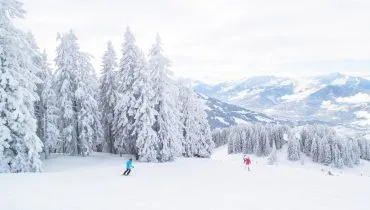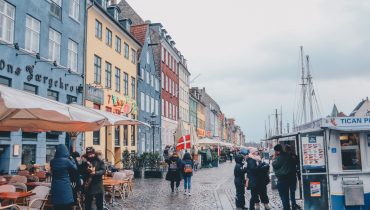Denmark consists of a peninsula and 400+ islands in the North Sea. A bridge between Scandinavia and continental Europe, this friendly northern country is a confluence of modern, cosmopolitan cities; simple, historic architecture influenced by Nordic tradition, fairytale villages with town markets, country churches, and castles. The flat country, with moors, lakes, farmlands, and woodlands, and traffic-free pedestrian streets are ideal for riding bicycles or chatting with friends at a cafe. Danes value their personal space and love to be cozy and comfortable—following the concept of hygge.
Weekends for teens are often mean parties, hanging out at cafes, and the cinema. Although soccer is most popular, don’t miss out on swimming, sailing or rowing since you’ll be an hour away from the seashore.



